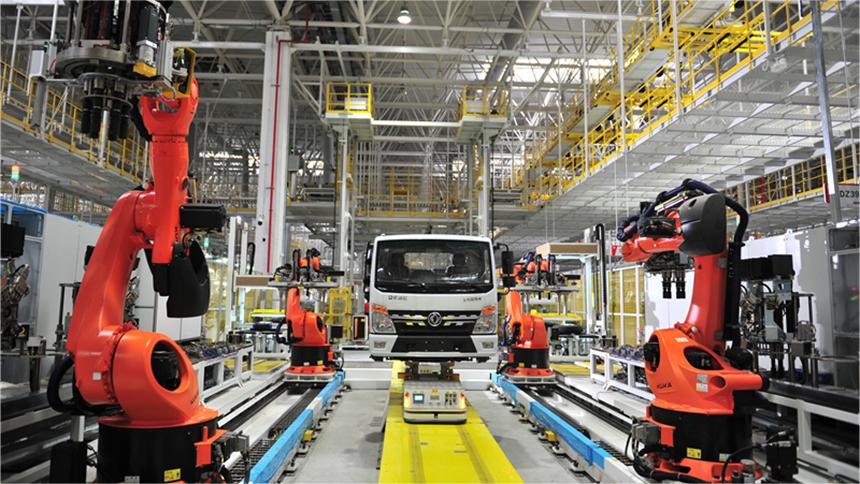EU tariffs on Chinese EVs harm global supply chain, trade relations: experts
BEIJING/BERLIN, June 14 (Xinhua) -- Chinese and foreign experts caution that the EU's new tariffs on Chinese electric vehicles (EVs) may backfire as they have the potential to destabilize the global supply chain and trigger trade frictions with far-reaching negative impacts.
European consumers, already hit by a steep rise in energy costs, may face additional unwanted inflation as a result of the new tariffs, said Josef Gregory Mahoney, professor of politics at East China Normal University.
On Wednesday, the European Commission issued a statement to pre-disclose the level of protectionist provisional duties it would impose on imports of battery EVs from China.
Cui Dongshu, secretary general of the China Passenger Car Association, criticized the tariffs, noting that they would have a "certain influence on the development of Chinese companies."
Levying additional tariffs also poses a risk to many Western automakers that have established production hubs in China, said Bill Russo, founder and CEO of Automobility Limited. Statistics from the European Federation for Transport and Environment show that more than half of the Chinese-made all-electric vehicles sold in the EU last year were manufactured by Western car manufacturers such as Tesla, Dacia, and BMW.
Within the EU, there are also dissenting voices. For example in Germany, with an export-oriented economy highly reliant on free and fair markets, many companies in the automotive industry have spoken out against additional tariffs, revealed Maximilian Butek, who is executive director and board member of the German Chamber of Commerce in China - East China.
Instead of the EU's intention to shield its EV sector from the threat of reduced competitiveness, experts believe that the tariffs are likely to destroy what is benign competition, thereby slowing down electrification and digital transformation of the European automobile industry.
"Cutting off cooperation will undoubtedly hinder the technological progress of European car companies and even cause them to lose their competitive advantage in this field," said Russo.
The new energy vehicle sector, where Sino-European cooperation is poised to pivot from mere trade to a deeper integration within the supply chain, may face substantial losses for both sides should tariff-induced tensions derail this collaborative momentum, said Zhang Zhipeng, assistant researcher of the Shenzhen Research Institute of High-Quality Development and New Structure.
Experts have voiced concerns that the EU's tariffs may heighten trade tensions and further entangle the trade nexus between China and Europe.
"Given that Europe's economy and businesses are closely intertwined with China, the sluggish European economy might struggle to gain the upper hand in such trade disputes," said Zheng Yun, senior partner of Roland Berger, a global strategy consulting firm.
For China and the EU, cooperation is a better bet than unnecessary conflict. "From time to time, some politicians in Europe may raise issues against China to serve the purpose of their own political pursuits, but it has almost no influential impact on cooperation between China and the EU," said Li Nan, term associate professor at the Shanghai Advanced Institute of Finance (SAIF).
Photos
Related Stories
- European Commission's anti-subsidy investigation into Chinese EVs will boomerang: spokesperson
- Commentary: EU's new EVs tariff a self-inflicted flat tire
- China reserves right to file lawsuits with WTO over new EU tariffs on Chinese EVs: commerce ministry
- EU bent on imposing protectionist duties on Chinese EVs despite looming lose-lose implications
- Commentary: Three reasons why EU's tariff hikes on Chinese EVs are wrong
Copyright © 2024 People's Daily Online. All Rights Reserved.









